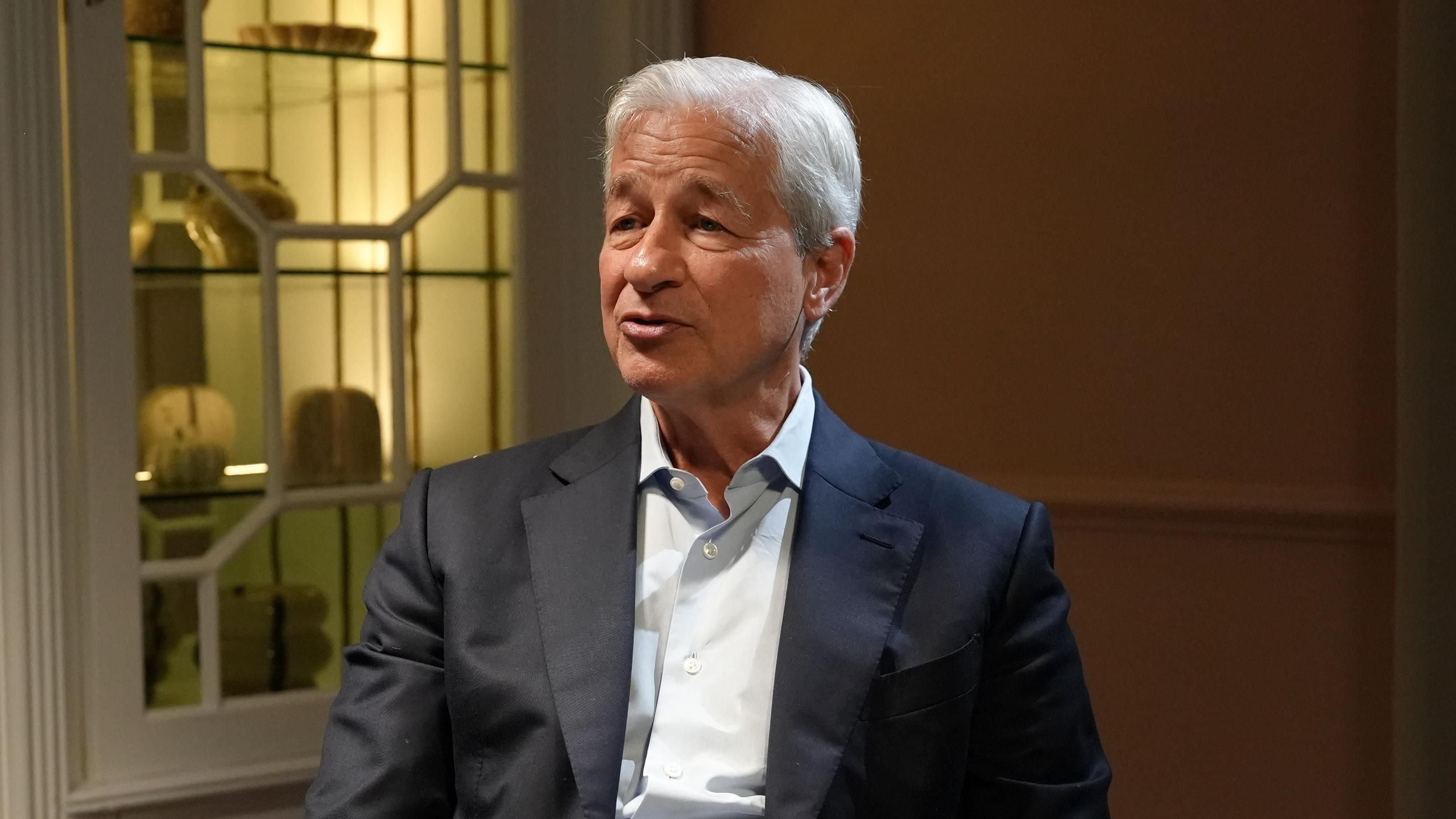A major shift in U.S. aviation policy has emerged as the current administration formally abandons an initiative introduced during the previous presidency that would have compelled airlines to pay travelers for disruptions caused by delays or cancellations. The decision has sparked a nationwide debate about passenger rights, industry accountability, and the broader implications for consumer protection in air travel.
The recently abandoned proposal aimed to make airlines financially accountable when travelers encountered major disruptions. According to the plan, airlines would be required to offer financial compensation, in addition to ticket refunds, for delays they could manage. Advocates contended that this rule would have enhanced consumer rights, bringing the United States in line with existing European standards, where airlines must compensate passengers in specific situations.
The initial purpose of the remuneration scheme
The concept of mandatory compensation for air travel disruptions was introduced as a response to growing frustration among travelers over frequent cancellations and extended delays. In recent years, especially during peak travel seasons and in the aftermath of major weather events, disruptions have become increasingly common. These challenges intensified during the pandemic, when staffing shortages and operational setbacks led to widespread scheduling chaos across major U.S. carriers.
Advocacy organizations concerned with consumer rights had been advocating for laws to alleviate the financial stress on passengers in situations where airlines did not provide services punctually. Numerous individuals thought that mandating compensation would motivate airlines to enhance both their dependability and openness, thus allowing travelers to organize their trips with increased assurance.
Under the original framework, airlines would have faced financial penalties for delays considered within their control—such as mechanical issues, staffing shortfalls, or scheduling errors—while exceptions would apply for disruptions caused by severe weather or air traffic control constraints.
Why the reversal happened
Representatives from the existing government mentioned multiple reasons for their choice to drop the suggestion. Some of the most notable had to do with worries about the economic effect on airlines, which are still bouncing back from significant financial setbacks suffered during the pandemic. Industry spokespeople contended that enforcing obligatory payments might result in elevated operational expenses, which would likely be transferred to passengers in the form of higher ticket prices.
Furthermore, some policymakers expressed doubts about whether the federal government should impose strict compensation requirements on carriers, suggesting that existing refund rules already provide a baseline of consumer protection. Under current regulations, passengers are entitled to refunds when flights are canceled, but no additional compensation is mandated for delays unless travelers voluntarily give up their seats during overbooking scenarios.
Airlines consistently assert that they aim to reduce disruptions and that the majority of delays happen due to circumstances outside their control, like meteorological conditions and congestion in the national airspace network. Opponents of the initial proposal shared these views, cautioning that strict compensation requirements might lead to legal conflicts and operational difficulties for both airlines and authorities.
The extensive discussion on traveler rights
The policy reversal has reignited discussions on how best to protect consumers while balancing the operational realities of the aviation industry. Passenger advocacy organizations have expressed disappointment, arguing that without financial consequences, airlines lack sufficient motivation to prioritize on-time performance and communication with travelers.
Comparisons have frequently been drawn to the European Union’s EC 261 regulation, which requires airlines operating in Europe to compensate passengers for certain types of delays and cancellations, often in amounts that can exceed hundreds of euros. Proponents of similar standards in the United States argue that such measures have improved accountability abroad and could deliver similar benefits domestically.
On the other hand, airline industry groups maintain that the U.S. aviation system faces unique challenges, including the complexity of its network and susceptibility to weather-related disruptions. They contend that forcing carriers to pay compensation for circumstances they cannot fully control would be unfair and counterproductive, potentially leading to reduced services and higher fares.
What this implies for future travelers
For now, passengers in the United States will continue to rely on existing consumer protection measures, which primarily ensure the right to refunds for canceled flights. Airlines are also encouraged—but not required—to offer amenities such as meal vouchers or hotel accommodations during extended delays, leaving much of the compensation process at the discretion of individual carriers.
Travelers are advised to review the policies of their chosen airline before booking, as some carriers have voluntarily implemented customer service guarantees that go beyond federal requirements. Additionally, purchasing travel insurance or using credit cards with built-in trip protection features can offer an added layer of security against unexpected disruptions.
The Trump administration has expressed its ongoing dedication to finding methods to enhance transparency and passenger experiences, such as initiatives to mandate that airlines more explicitly reveal service commitments during the reservation process. Yet, for those expecting a compensation framework fashioned after European guidelines, this latest decision marks a notable disappointment.
The outlook for airline responsibility in the United States
The debate over mandatory compensation is unlikely to disappear entirely. As air travel demand continues to rise and consumers become increasingly vocal about service expectations, pressure on policymakers and airlines to adopt stronger passenger protections will persist. Advocacy groups have vowed to continue lobbying for reforms, while industry leaders emphasize the need for collaborative solutions that do not impose unsustainable financial burdens on carriers.
The dialogue illustrates a wider conflict between the rights of consumers and the adaptability of businesses—a balance that authorities must achieve to promote a competitive, dependable, and customer-oriented aviation industry. It is uncertain whether upcoming administrations will reconsider the idea of compulsory compensation, but for now, aviation policies remain unchanged, leaving travelers mostly reliant on the industry’s goodwill and the current refund policies.




